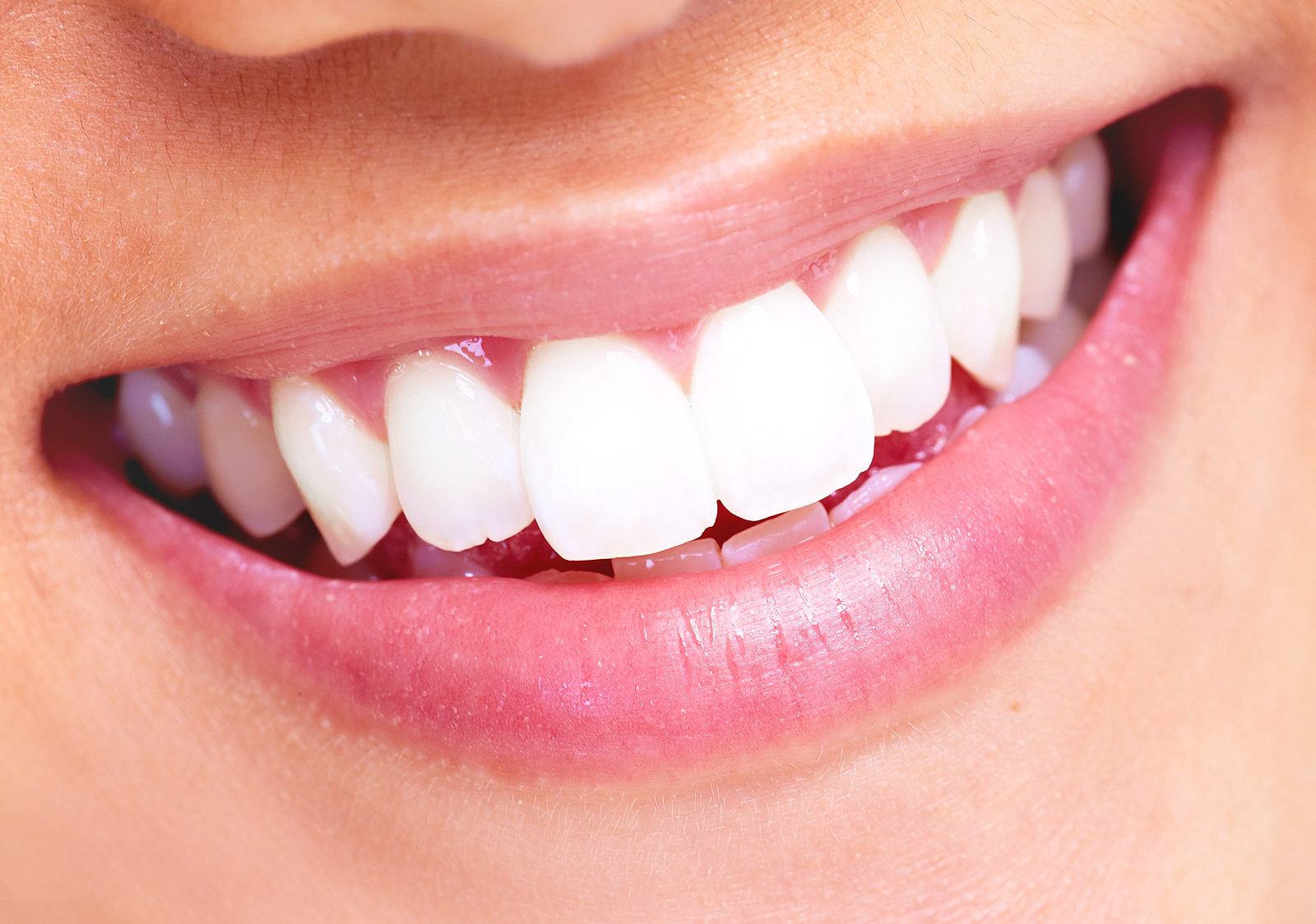How Fast Do Cavities Form? Different Stages of Tooth Decay And Cavity Formation
Cavities form when plaque and bacteria build up on your teeth. This leads to decay or holes in the teeth. Plaque is acidic, and it wears down tooth enamel.
Tooth Decay
Tooth decay happens when bacteria in your mouth consume sugar from foods and drinks and then release an acid that eats away at your tooth enamel. These acid attacks can occur when brushing and flossing your teeth isn't enough to remove the bacteria and their damaging effects.
The damage that the bacteria cause will form cavities in your teeth as they eat away at the enamel. Fortunately, there are steps you can take to prevent the development of cavities, such as rinsing your mouth with water after eating or drinking sugary foods and beverages. You can also brush your teeth more frequently to remove more plaque and other harmful bacteria from your teeth. Practicing good oral hygiene at home as well as scheduling regular appointments with your dentist, can help you maintain strong and healthy teeth free from cavities.
What Causes Tooth Decay
Several factors can lead to cavities, including diet, hygiene, and lifestyle habits. Bacteria in the mouth feed on sugar and, over time, produce acids that wear down the enamel on teeth. Without proper oral hygiene and professional dental care, the decay can worsen and eventually lead to tooth loss. If you experience any pain in your teeth or jaw, make an appointment with your dentist as soon as possible.
Cavities are one of the most common dental problems worldwide. If you are prone to cavities, talk to your dentist about ways to protect your teeth and gums from bacteria buildup. Brush twice a day with fluoride toothpaste, floss daily, and visit your dentist twice a year for a professional cleaning and checkup.
Even with good oral health care, you can still develop cavities if you do not clean your mouth after eating sugary foods. Bacteria metabolize the sugar and produce acid, which eats away at tooth enamel and causes tooth decay. Talk to your dentist about how your dietary choices affect your oral health.
By following these steps, you can help prevent cavities and maintain good oral health.
How Fast Do Cavities Form?
There are stages of tooth decay, and it's important to understand the different stages so that you can take the right steps in preventing decay or treating it early on.
First Stage – Plaque Buildup
The early stage of tooth decay is known as plaque buildup. This stage occurs when food debris and bacteria are allowed to sit on your teeth for long periods of time without brushing or flossing them away. This sticky substance can eventually harden into a substance known as tartar, which can only be removed by a dentist.
When plaque isn't removed quickly from the surface of the teeth, it can begin to erode the enamel and cause small holes in the teeth. In more advanced cases, the bacteria in the plaque can spread below the gum line and begin eating away at the root underneath the tooth. This is when it's considered a root canal infection rather than simply a cavity. However, it's best to treat all cases of early tooth decay as quickly as possible in order to stop the progression of the disease.
Second Stage – Cavity Formation
After the first stages of tooth decay begin, patients usually start to feel pain. At this point, the cavities have grown larger, and the bacteria have spread deeper into the tooth structure. The patient may not feel any pain at this point, but they'll likely experience hot and cold sensitivity as the nerves have gotten closer to the dentin of the tooth. At a certain point, the pain will become so intense that the patient can't ignore it any longer.
If a patient waits too long before seeking treatment, it's possible for the deeper parts of the tooth to become infected. This can lead to more serious complications, and sometimes an extraction is necessary before the infection even has a chance to be treated. This is why it's so important to seek treatment as soon as you start feeling pain.
Third Stage – Advanced Decay
As tooth decay advances, bacteria evade the decaying pulp, leading to infection and abscess formation. This will also result in severe pain in and around your mouth, gums, face, and jaw.
How To Prevent Tooth Decay
The best way to prevent cavities is to practice good oral hygiene at home and visit your dentist regularly for checkups and professional cleanings. Brushing and flossing your teeth at least twice a day will remove food and plaque from your mouth, reducing your risk of decay. Additionally, you should brush your teeth for a full two minutes each time you brush, as even brushing for a short amount of time can help prevent cavities. You should also floss once a day to remove food particles and plaque between teeth that brushing alone may have missed. Don't forget to use mouthwash as well to kill bacteria and freshen your breath.=
If you're ready to experience the best dental care, please contact the cosmetic dentist in Phoenix, AZ, at (602) 249-2227 or visit us at 1277 E Missouri Ave Ste 217 Phoenix, AZ 85014.






















0 comments